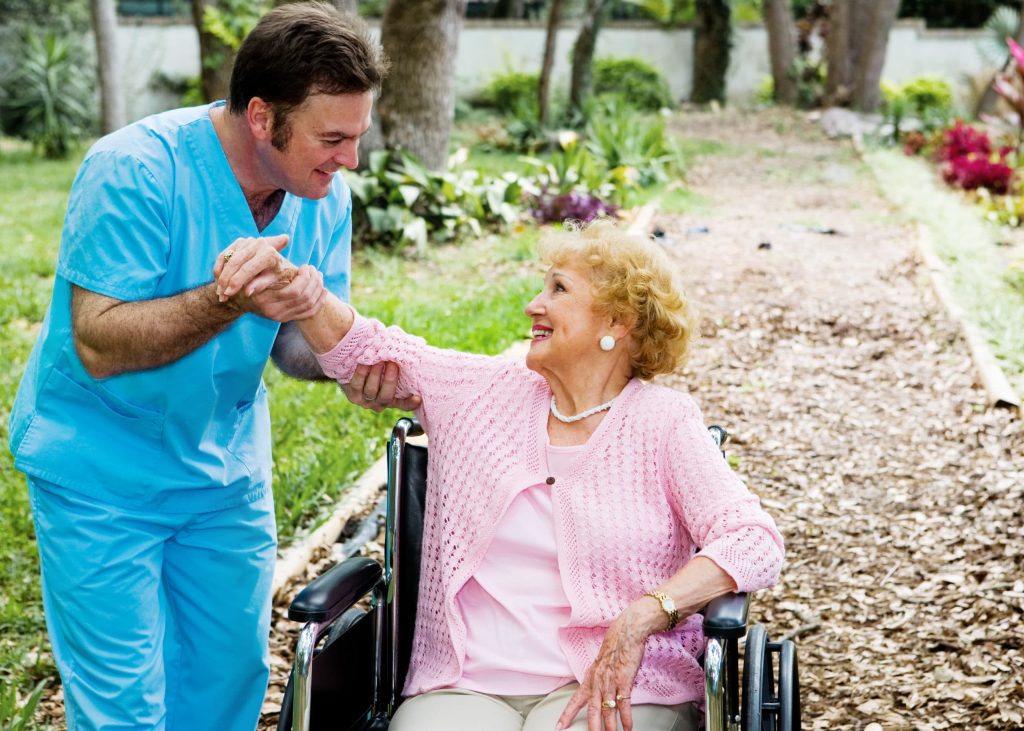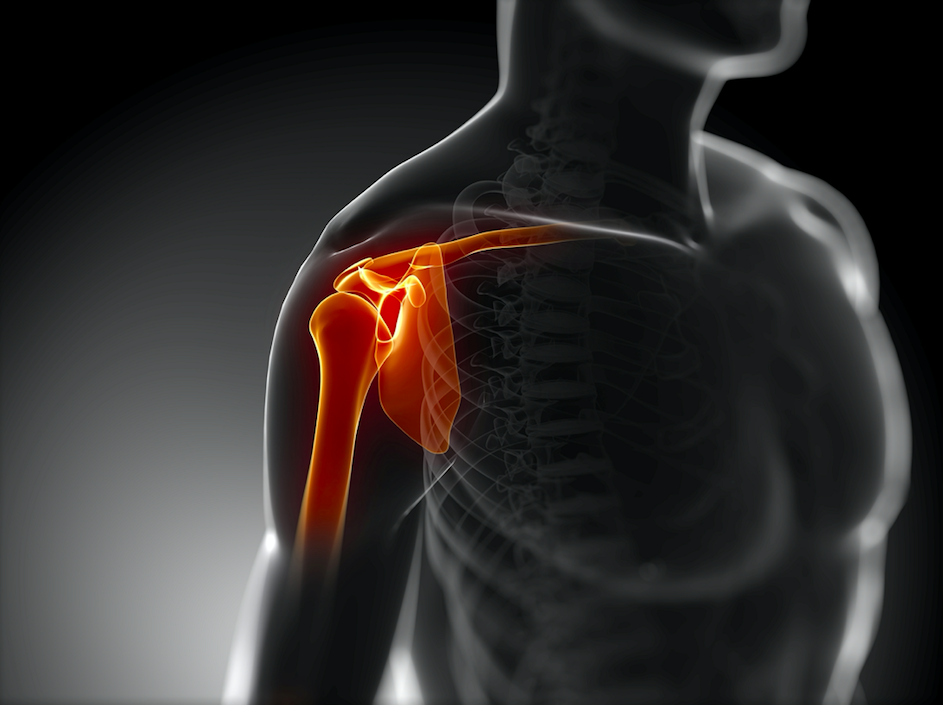Rotator Cuff Tendinitis – what it is and why it happens
Rotator Cuff Tendinitis (also called Shoulder Impingement) is known to affect millions of people in the US each year. If you are one of them, then you probably suffer a great deal, as it causes pain and discomfort.
This condition occurs when the rotator cuff tendons are irritated or damaged. Sometimes it develops as the result of a minor injury. Other times, it transpires with no apparent cause.
Rotator Cuff Tendinitis Symptoms
The characteristic thing about this shoulder problem is that in the beginning, its symptoms are mild. Because of that, patients rarely seek treatment. The important thing is to observe those symptoms and see an orthopedic doctor or surgeon as soon as possible since generally the symptoms will progress and will become more difficult to treat.
The first symptoms may be the following:
- Minor pain that is present both with activity and at rest
- Pain radiating from the front of the shoulder to the side of the arm
- Sudden pain with lifting and reaching movements
- Athletes in overhead sports may have pain when throwing or serving a tennis ball
As the problem progresses, the symptoms increase, and may include:
-
Pain at night
-
Loss of strength and motion
-
Difficulty doing activities with the arm behind the back, such as buttoning or zippering
-
Sudden pain accompanied by tender shoulder
-
Limited and painful movement
If you experience either mild or more severe symptoms, check the remedies we’ve prepared for you. These will ensure that you lead a pain-free life and soon forget about the problem.
Rotator Cuff Tendinitis – What To Do?
1. See an orthopedic shoulder doctor.
Many people are afraid of seeking medical help, as they imagine that the condition will pass, or, even worse, that they will find out that the problem is bigger than they anticipated. In the case of rotator cuff tendinitis, the truth is the opposite. Your pain-free life starts with your first visit to the orthopedic shoulder doctor’s office.
If you see your shoulder doctor in Cary early after experiencing symptoms, there is a good chance the treatment will be fast and efficient. If you are afraid your shoulder will need surgery, don’t be. Rotator cuff tendinitis rarely requires surgical intervention.
Your orthopedic shoulder doctor will examine your shoulder, check for pain and tenderness, and test your range of motion.
Your doctor may order an X-ray, an ultrasound or MRI tests to confirm the diagnosis of rotator cuff tendinitis and rule out any other causes of your symptoms. The scans will also show signs of any tearing if there is inflammation in your rotator cuff.
If you are not from Cary and you want to see a good specialist, you are probably asking yourself, “Are there any good orthopedic doctors near me?”. Raleigh Orthopaedic Clinic has five convenient locations so if Cary is not as close to you, please visit our Garner, Holly Springs, Raleigh or North Raleigh clinic locations. Visit our website for addresses and directions.
2. Physical therapy
Your orthopedic shoulder doctor in Cary will probably prescribe physical therapy as the main course of treatment, to restore normal motion in your shoulder. Stretching exercises to improve range of motion are very helpful. Individualized stretching exercises of the posterior capsule of the shoulder can be very effective in relieving your pain.
Once your pain is subsiding, your physical therapist will undoubtedly continue with a strengthening program for the rotator cuff muscles.
3. Home care
Even though you may feel hopeless, there is a lot you can do before and in-between your therapy sessions. Home remedies may not be as effective as physical therapy or steroid injections, but using them regularly will go a long way in achieving your goal.
Ask your orthopedic shoulder doctor in Cary about your options when it comes to home care. Our suggestion is to start with these simple steps:
- apply proper posture while sitting
- avoid lifting your arms repeatedly over your body
- rest after tiresome activities
- avoid resting or sleeping on the same side
- avoid carrying a bag on one shoulder only
- stretch your shoulders many times during the day
4. Steroid Injections
After examining you and giving you the diagnosis, your doctor may also recommend all or some of the above remedies, and they may also propose a steroid injection. Its purpose is to reduce inflammation, and, consequently, reduce pain. It is most commonly injected into the bursa beneath the acromion.
5. Surgery
As we’ve mentioned above, surgery is a very rare possibility when it comes to rotator cuff tendinitis. When the treatments we’ve described do not alleviate pain, your doctor may suggest surgery.
The purpose of the surgery is to make more space for the rotator cuff. It is accomplished by removing the inflamed portion of the bursa. This procedure may be done using either an arthroscopic or open method. Your orthopedic shoulder doctor in Cary will be more than happy to explain all the details to you should you have any additional questions.
Raleigh Orthopaedic Clinic
For comprehensive shoulder pain care, you may get a referral to Raleigh Orthopaedic Clinic – you can make an appointment on your own too. The team of experienced orthopedic shoulder doctors in Cary provide world-class, cost-effective shoulder pain treatment through our team of well-educated professionals, and support personnel.
To schedule an appointment at our Raleigh Orthopaedic Clinic, please call (919) 863-6996.
The material contained on this site is for informational purposes only and DOES NOT CONSTITUTE THE PROVIDING OF MEDICAL ADVICE, and is not intended to be a substitute for independent professional medical judgment, advice, diagnosis, or treatment. Always seek the advice of your physician or other qualified healthcare provider with any questions or concerns you may have regarding your health.


